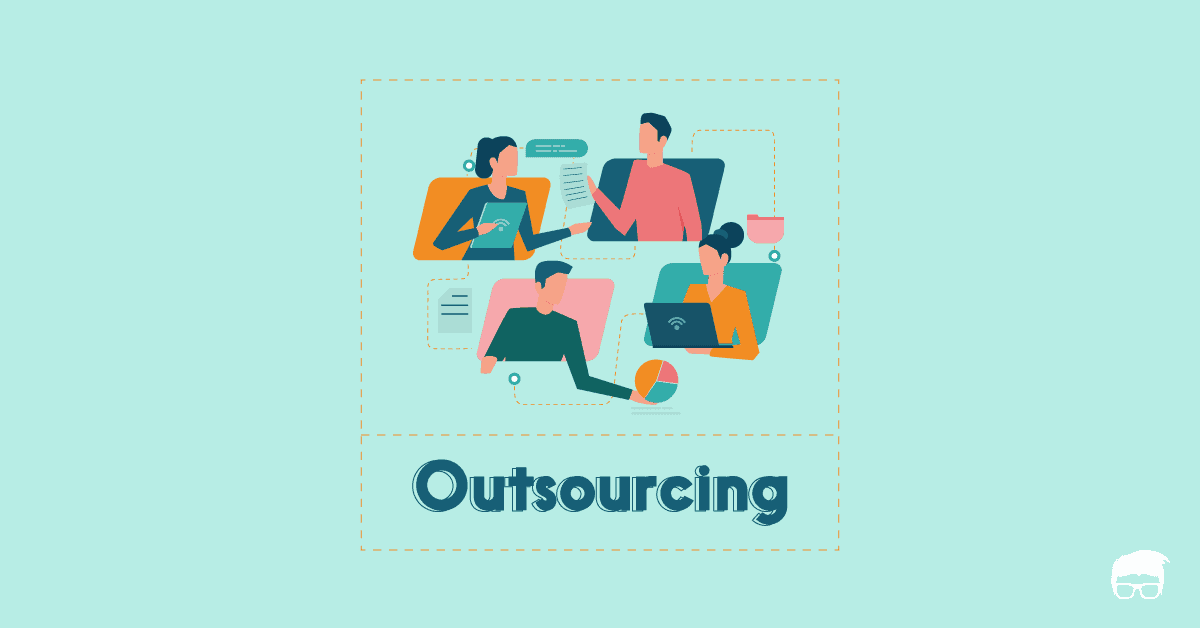If you're running a business in the UK, then you have a legal duty to provide your employees with a safe working environment. But this is a good idea not just for legal reasons, but for ethical and financial ones, too. When workers perceive that the business has their best interests at heart, they'll be more likely to go above and beyond the call of duty – and you'll cut the rate of absenteeism at the same time.
What rights do employees have?
Under UK law, most of the responsibility for keeping the workplace safe falls on the employer. According to the Health and Safety Executive, employers must do 'whatever is reasonably practicable' to protect not only employees, but other people who might be affected by the operations of the business.
So, what might be reasonably practicable?
Training
Staff must understand the company's health and safety procedures. If they don't, then those procedures will never be adhered to. Ideally, staff should not only be trained to know what the procedures are; they should know why the procedures are in place. Armed with this understanding, they can help to promote the health and safety message amongst the broader workforce.
If you have access to the right payroll system, then you might keep a formal record of who has received training, and who hasn't. You might further incentivise this kind of activity by handing out financial rewards and promotions for those who've shown a willingness to train in health and safety.
PPE
Certain kinds of worker will benefit from the provision of protective equipment, like facemasks, protective boots, and goggles. Even if the job in question doesn't involve acute physical risk, you might consider equipment that deals with the more subtle dangers. For example, more ergonomic office furniture might help to deal with the sorts of postural problems that creep up gradually.
Safe working environment
Maintaining a safe working environment is a matter of conducting regular risk assessments. This process will allow you to spot potential dangers, take steps to remove those dangers, and prevent the problem from arising again.
What should you do if you're hurt at work?
If you're injured at work, then it's a good idea to make a record of it. This way, you'll have a better chance of extracting compensation later on. Make sure that the accident is reported at work. If the business has more than ten employees, then it is obliged to have an accident book ready for this purpose.
You should make an appointment with your GP as soon as reasonably possible. This will allow them to attest to the details of your injury, while treating it at the same time.






